I sometimes wonder, what if someone had told me the following when I was a child?
“You will have dreams of creating a certain kind of life for yourself. Early on, you will define yourself by how close you come to achieving those dreams. But you will eventually let those dreams go and choose a different, unexpected path. Contrary to what you expected, you’ll be happier than you’ve ever been after making that choice.”
I probably would have scoffed. After all, from a young age, I felt driven to excel at everything I took on. How could I possibly become someone who would willingly walk away from her goals?
And yet, I did.
Not because of poor judgment or a terrible reversal of fortune. Rather, it was because I was much more fortunate than the generations of women who came before me. I had far more choices than my mother and my mother’s mother. And that wealth of choices allowed me to walk along a deeply fulfilling — albeit lesser-travelled — path.
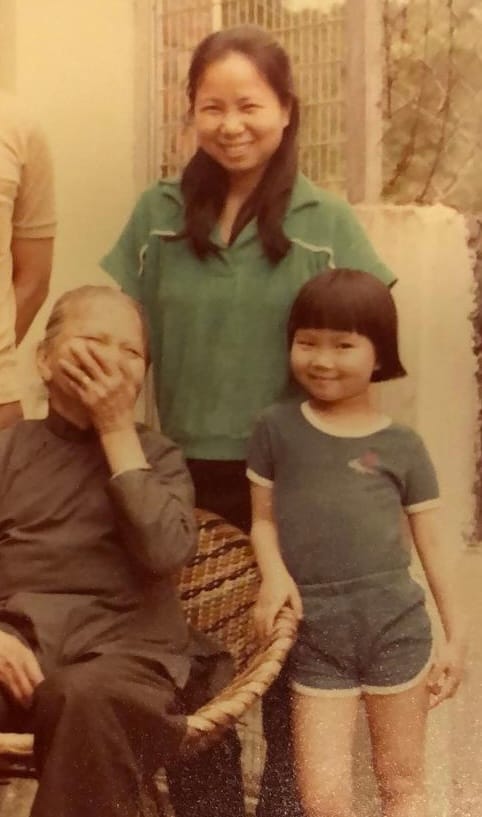
Feminism creates the pressure to have it all because many options have opened up for women that were not available before. But are we always happier when we have more options?
According to many studies, we are not.
The more options you have, the more opportunities for anxiety and regret arise because your expectations increase. There are more opportunities to blame yourself for making the “wrong” decisions and screwing up.
This post marks the launch of a blog series about the first generation of women in their families who were educated and built careers. Over the years, I have had the privilege to talk to many women with similar backgrounds and their spouses.
The question I always ask is, knowing what we know today, what would we want to share with the next generation of women? How can we help those who come after us see the path that leads to their greatest fulfillment more clearly?
I was born in the 1970s, more than a decade after “The Feminine Mystique” by Betty Friedan was published in 1963. In this book, Friedan challenged the traditional belief that fulfillment for American women after 1949 had only one definition: the housewife-mother.
If feminism’s goal was about redefining success and opening up options for women beyond the traditional roles of housewife and mother, then we have had undeniable success. Today, there are more women than men enrolled in colleges and universities. Women can have a career while having children and building a family.
However, if women’s happiness were taken into consideration, then the answer would be less conclusive.
Multiple studies have shown that women’s happiness in the United States has declined relative to that of men since the 1970s. This finding may seem surprising to many, but since I represent precisely the generation that experienced this decline, let me explain my struggle to have it all, and what finally brought me peace.
I have always been honest, whether speaking publicly on stage or privately with my mentees, that the life I have today was not exactly what I set out to achieve when I graduated from college. There were very few women like me back then, so to be frank, I was not even aware my current way of living was an option.
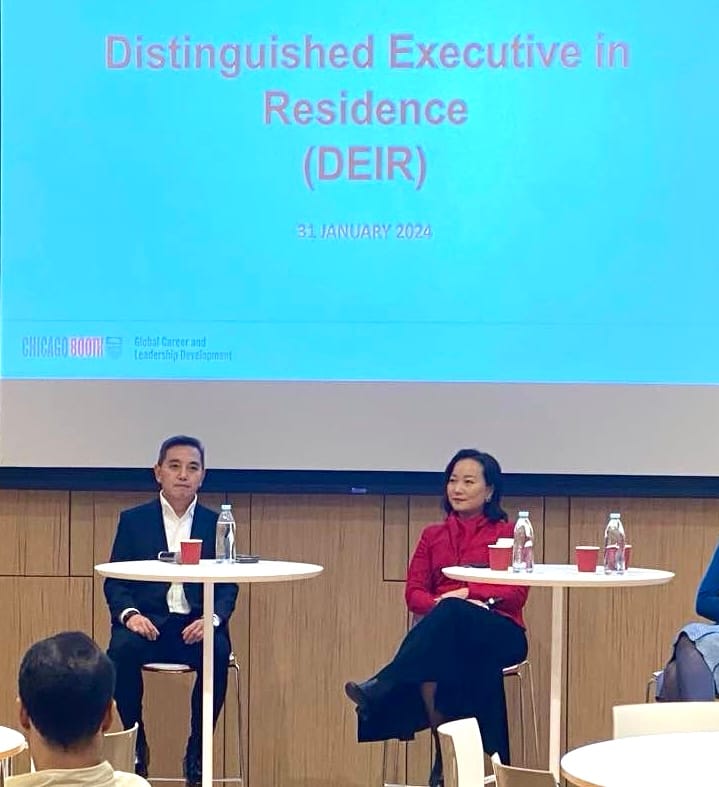
I've always been a romantic at heart. Like most other young girls, I dreamt of my father walking me down the aisle in my beautiful Vera Wang white lace gown, and starting a family a few years after. For many years, I dreamt of having a daughter; I even had a name picked out for her. When I lived in Chicago, I dreamt of pushing my baby girl down Michigan Avenue on a beautiful early summer day.
Even the decision to enter the tech industry was motivated by love. During my three years in consulting after moving to Hong Kong, I was constantly traveling and working nonstop. This meant leaving my foreign ex-husband, who moved thousands of miles for my career, behind in Hong Kong. He also ended up doing well professionally, but I never shook that guilt of dragging him to Hong Kong from his hometown, Chicago, and then leaving him alone in Hong Kong most of the time.

After consulting, I was determined to spend more time in Hong Kong. I wanted to calm my guilt. SAP was the only company that offered me a position in Hong Kong. I barely knew what SAP did, but it had a brand. I took it with a big leap of faith, believing it would help my marriage, and honestly, I didn’t think much about anything else at the time.
Fate had it that SAP became a turning point in my life. My marriage broke down during my tenure there. (More about what I have learned since my divorce in this post )
During my time at McKinsey and the early years at SAP, I often thought about having a child. As I entered my childbearing years, I was surprised at the intensity of my desire to become a mother, even though I knew it was common for women my age. However, the idea of quitting my career and relying on someone else to share the responsibility of childcare scared me. I couldn’t understand how I could be the hands-on mom I wanted to be without significantly derailing my career path.

This confusing cycle of thoughts was especially violent during my mid-30s when every hormone in my body was urging me to become a mother at the same time I was wrapping up my divorce. What I had to process just kept piling on. The divorce triggered my deep sense of abandonment from childhood (more about that in this post). It amplified the loneliness of being alone in the house after a long day at work. It awoke a fear of not having a backup, from financial security to moving a heavy piece of furniture.
In the midst of the unexpected chaos, I concluded that without making significant progress on healing, I would not be the kind of mother I wanted to be; that was when my desire to have a child slowly faded.
Among all the heartbreaks of my divorce, accepting the likelihood that I would never be a mother was by far the most difficult.
Do I ever look back on my choices with hard feelings? Of course I do. I blamed myself for focusing on my career and not spending the time and effort required to keep a marriage going. For many years, I avoided dating any man I thought might want to become a father, knowing I wouldn't be ready for that conversation. Who am I to take away one of the most prized human experiences from someone else? I do not expect anyone to change their life goal because of my lack of confidence in building a stable home and making time for my children.
And to be completely honest, dating has been hard for my cohort of professional women. We discuss the challenges among ourselves often. The gender dynamics are at an all-time low right now, and I have witnessed so much anger from both sides. When I was much younger, I was also one of the angry ones, but over time and with more understanding, I have shifted my perspective. Men often look at me with fascination, but are unsure what to think of me. I am not like any female figure they grew up with. Being with someone like me brings so much that is unknown; it can make one uncomfortable. A path with so much effort and uncertainty is not what most people have the confidence to conquer.
While I did not choose this path intentionally, I am embracing the amazing, unique life experiences it brings. Even though I have no children of my own, I do feel like I have left an impression on many people’s lives by being honest about my own life and choices.
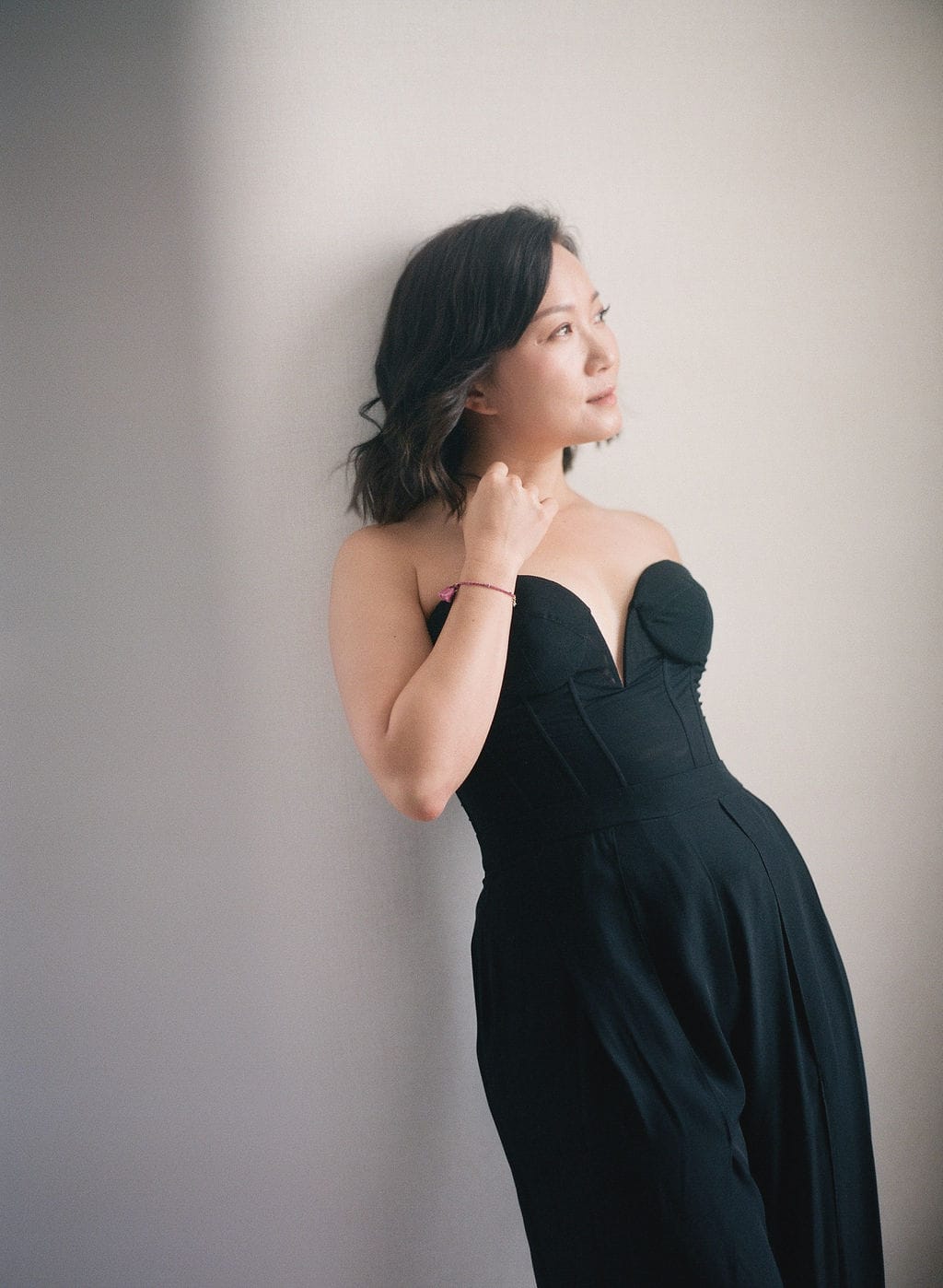
My intention is not to scare any women out of pursuing their careers. By being honest, I want them to know the reality they will likely face. Courage does not come overnight. Courage is cultivated by knowing that you can overcome challenges that come your way. By preparing for some of the likely scenarios early, you are more likely to succeed.
No path will ever be perfect. Each path has its ups and downs. Even though feminism has opened up many more avenues for women, it doesn’t mean that we should try to travel them all.
I now think the best way to maximize the benefit of feminism is to be mindful about the path that makes you most fulfilled. My path has allowed me to serve my purpose of being a mentor to many young professionals. I do not believe my path is for all women. I believe the path that can fill your heart is the best path for you. And no other person can tell you what’s best for you other than yourself.
And if you want to be a mother, be a very loving mother and spouse. The world needs you, too.
For me, the new feminism helps women be happier not by providing more choices than the generations before them had, but by enabling women to make unexpected choices. Because no matter which path you are on, you can never be wrong if you listen to your heart.
May you find love, fulfillment, and success, whatever path you travel.
女权的进步,真的让我们更幸福了吗?
有时候我会想,如果小时候有人对我说这样的话,会怎样呢?
“你会有梦想,渴望为自己打造一种理想中的生活。起初,你会以实现这些梦想的程度来定义自己。但最终,你会放下这些梦想,选择一条截然不同、意想不到的道路。出乎你意料的是,正是这条路,会带给你前所未有的幸福。”
我大概会嗤之以鼻吧。毕竟从小我就渴望在每一件事上做到最好。怎么可能有一天,我会心甘情愿地放弃自己的目标呢?
但我,的确这么做了。
不是因为判断失误,也不是遭遇了重大变故。而是因为,我比我母亲、祖母那一代的女性幸运得多。我拥有的选择,远远超出了她们的时代。这种“选择的富足”让我能够踏上一条少有人走,却深刻充实的道路。
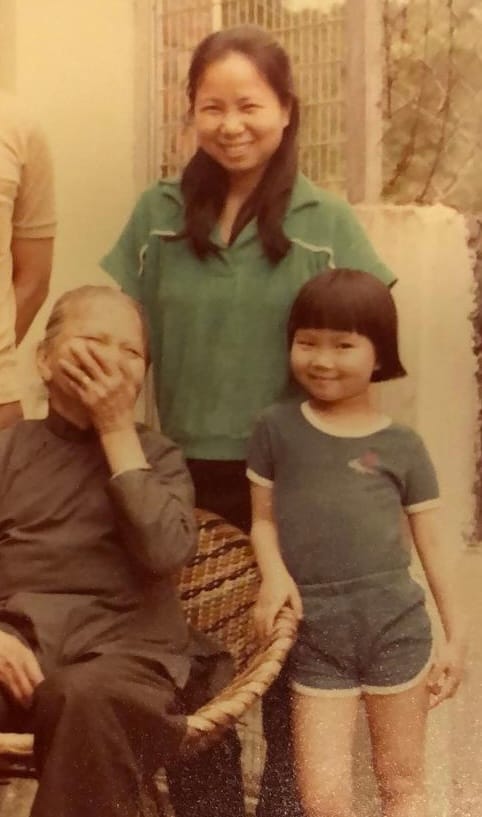
女权主义为女性打开了前所未有的机会,也因此带来了“必须全都拥有”的压力。但,当选择变多,我们真的会更快乐吗?
许多研究表明,未必。
选择越多,焦虑和后悔的机会也越多,期望值随之升高。一旦结果不如预期,我们更容易把责任归咎于自己,觉得是自己做错了选择。
这篇文章,是一个系列的起点。我希望记录那些家族中第一个接受高等教育、建立职业生涯的女性,以及她们伴侣的故事。
我总会问一个问题:如果我们能将今天的智慧传递给下一代女性,我们最想告诉她们什么?怎样才能让她们更清晰地看见那条通往真正幸福的道路?
我出生于上世纪70年代,比贝蒂·弗里丹在1963年发表《女性的奥秘》晚了十几年。那本书首次挑战了战后美国对于女性“唯一成就即是成为贤妻良母”的主流认知。
如果女权主义的目标,是重新定义“成功”的意义,让女性不再局限于妻子与母亲的角色,那么我们无疑已经取得了巨大的成功。如今,大学里的女生人数已经超过了男生。女性可以在拥有家庭的同时发展事业。
但如果评判标准换成了“幸福感”,答案也许就不那么肯定了。
许多研究指出,自1970年代以来,美国女性的幸福感相对男性呈下降趋势。这个结果可能让许多人感到意外,但我正是那一代人,因此更能体会其中的挣扎——那种努力“什么都要”,却仍然感到空缺的挣扎。
我一直对人很坦白,无论是在舞台上演讲,还是在私下与我的 mentees 交流——我今天的生活,并不是我大学毕业时所设想的那样。那时,像我这样的女性少之又少,说实话,我甚至不知道自己现在的生活方式是一种选项。
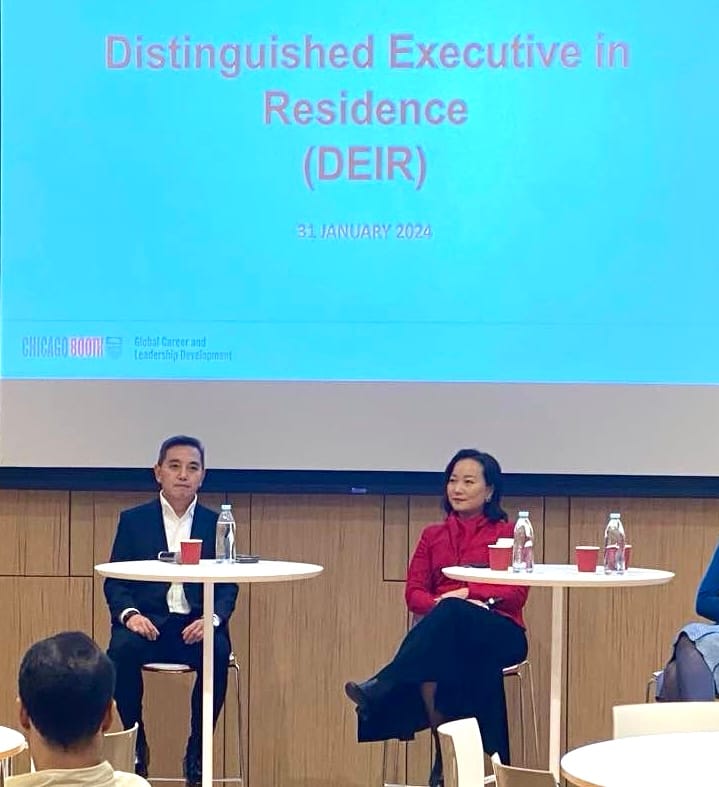
我是一个天生浪漫的人。像大多数小女孩一样,我曾梦想穿上Vera Wang的白色蕾丝婚纱,由父亲挽着走上红毯,几年后组建家庭。我甚至早早为未来的女儿取好了名字。住在芝加哥时,我幻想着推着宝宝走在夏日温暖的密歇根大道上。
我进入科技行业的初衷,竟然也是因为爱情。刚来香港的那三年,我从事咨询工作,频繁出差、几乎没有生活。这意味着,我将为我的职业而远渡重洋的前夫,独自留在香港。他在事业上也发展得不错,但我始终无法摆脱一种负罪感——是我把他从芝加哥带来,却又常年不在身边。

后来,我决心留在香港,想要缓解这份愧疚。当时,SAP 是唯一一家在香港给我 offer 的公司。我几乎不了解 SAP 的业务,但它是个有品牌的企业。我抱着一腔“这会有助于我的婚姻”的信念接下了这份工作。说实话,当时我没想太多。
命运弄人。就在 SAP 任职期间,我的婚姻走到了尽头。(在这篇文章中,我分享了更多自离婚以来的成长与体会)
在麦肯锡以及 SAP 的早期岁月里,我时常思考是否要孩子。进入育龄阶段后,我惊讶于自己想当母亲的强烈愿望——尽管这是许多女性共同的感受。可是一想到辞职、依赖他人共同育儿,我就充满恐惧。我无法想象如何在不脱离职业轨道的情况下,成为那个我希望成为的“亲力亲为的妈妈”。

这种纠结在我三十几岁时尤为强烈。彼时荷尔蒙强烈催促着我为人母,而我却正经历离婚的痛苦。创伤层层叠加。离婚唤醒了我童年深藏的被遗弃感(关于这点的更多内容,请见这篇文章。)。下班后空荡荡的房间,放大了孤独;生活中缺乏一个“备用方案”的恐惧——无论是经济保障还是搬家具的小事——让我倍感无助。
在这段混乱中,我得出一个结论:如果我无法在内心真正疗愈自己,我就不可能成为那个我理想中的母亲。也是在这个时候,我对生孩子的渴望,渐渐淡去。
在所有离婚带来的心碎之中,最难以接受的,是必须面对自己可能永远无法成为母亲的现实。
我是否曾后悔过?当然有。我曾自责,是自己把太多精力放在事业上,忽略了维系婚姻所需的努力。
很长一段时间,我不敢与那些渴望成为父亲的男性约会,因为我知道我还没准备好面对那样的对话。我不认为我有资格剥夺别人实现人生重要梦想的机会。谁会愿意为了我——一个对建立稳定家庭缺乏信心、无法为孩子腾出时间的人——而放弃自己的理想呢?
而说实话,我这代职场女性在约会中普遍都不顺利。这件事我们之间经常交流。如今的性别关系紧张到了一个低点。我见过男女双方许多的愤怒和不满。年轻时我也曾是愤怒的一员,但随着理解的深入,我的心态逐渐转变。男性看我的目光中往往带着好奇,却也充满疑惑。我不像他们成长过程中接触的任何一个女性形象。和我这样的人在一起,意味着接受很多未知,意味着走一条荆棘密布、充满不确定的道路。而这不是多数人敢轻易踏上的旅程。
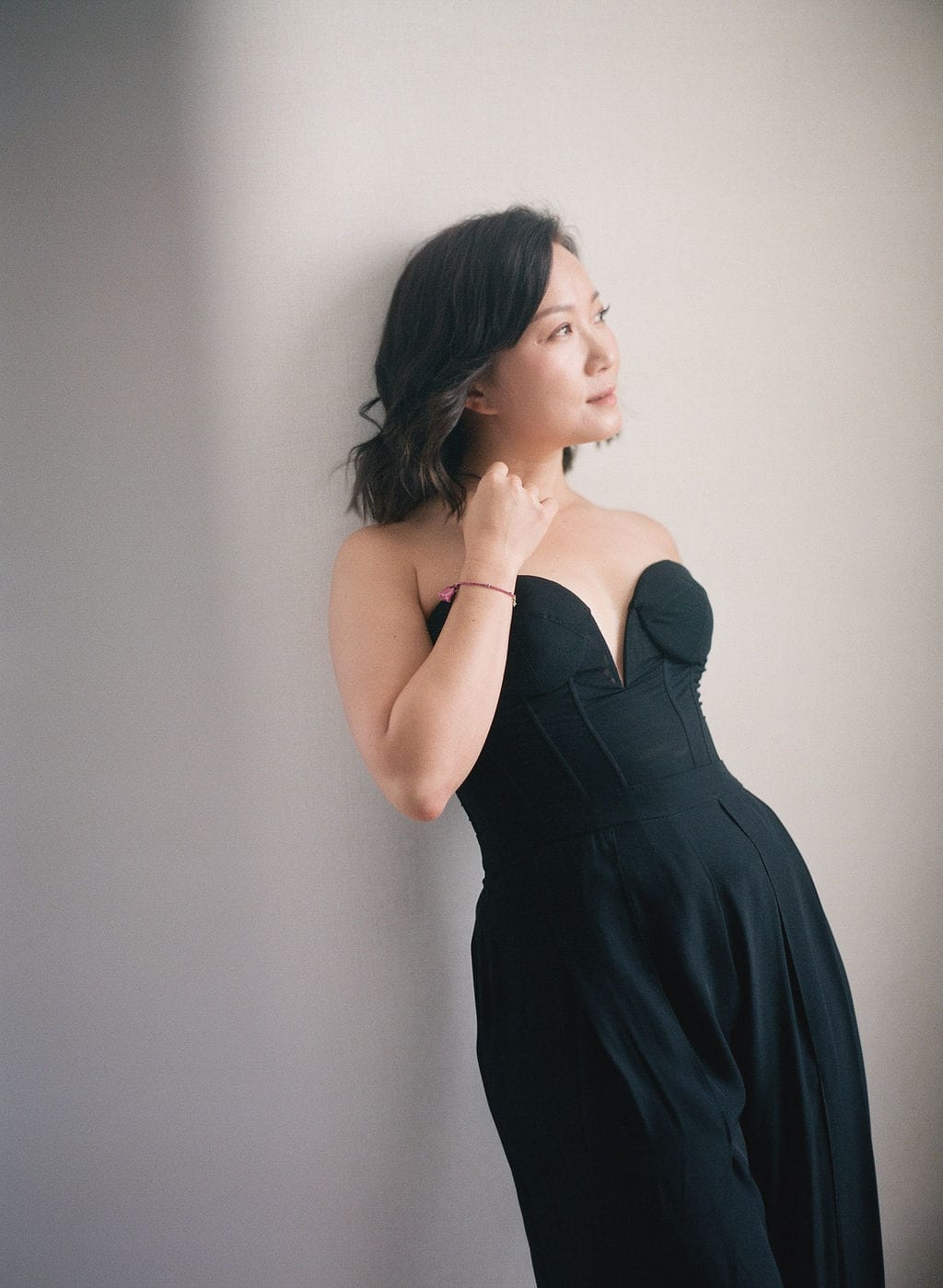
虽然这条路并非我一开始刻意选择的,但我正在欣然接受它带来的独特人生体验。虽然没有亲生的孩子,但我也确实通过坦率分享自己的生活和选择,影响了许多人。
我并不想吓退任何一位立志追梦的女性。我只是想用诚实,告诉她们这条路上可能出现的真实情境。勇气,不是一夜之间降临的。真正的勇气,是在经历风雨后仍愿意前行。而如果你能提前知道一些你可能面对的挑战,就能更好地应对、走得更远。
没有一条路是完美无缺的。每条路都有高峰与低谷。虽然女权主义让我们拥有了更多的可能性,但这并不代表我们必须“全都去尝试”。
我现在认为,女权最深远的意义,不在于提供了比前人更多的选择,而在于——让我们可以选择一条别人意想不到,但自己最感满足的路。
如果你渴望成为一位母亲,那就去做一个充满爱意的母亲和伴侣。这个世界也同样需要你。
只要你听从内心的声音,无论你选择怎样的人生,都不会出错。
愿你在前行的路上,找到属于你的爱、幸福与成功

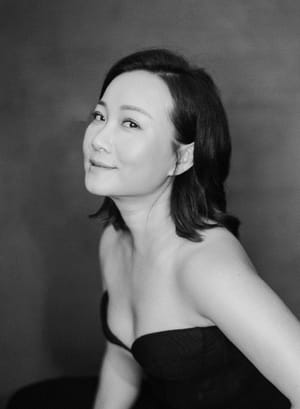
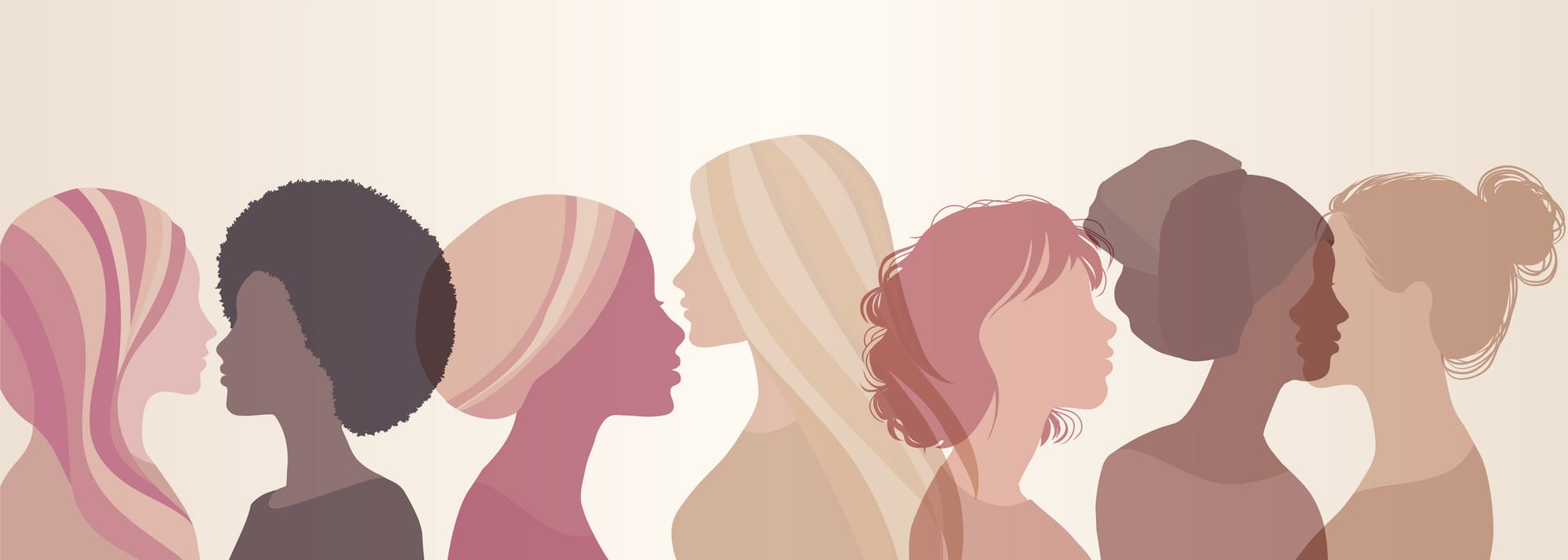
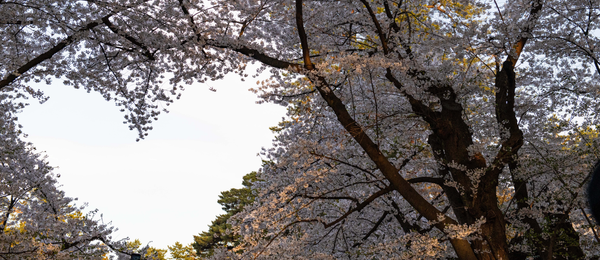



Member discussion